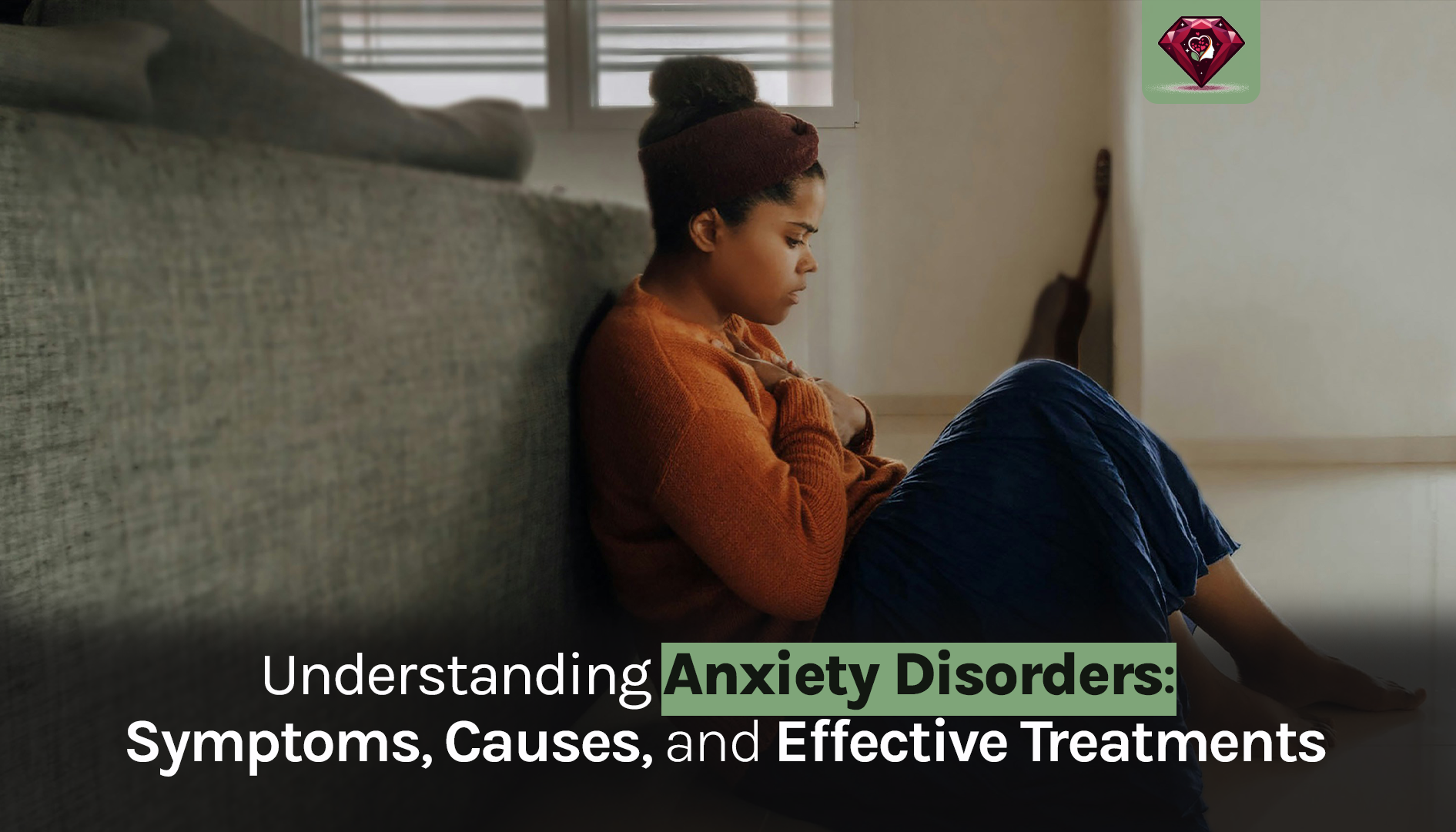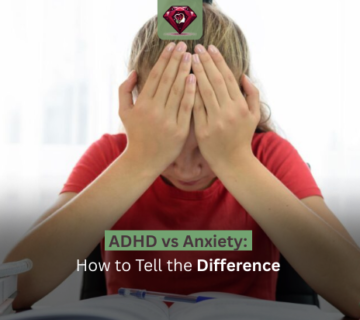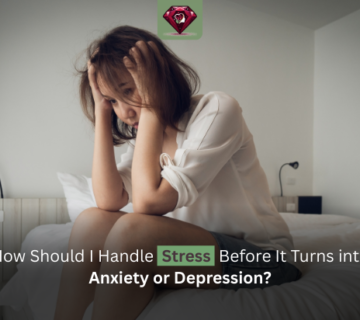Anxiety disorders are among the most common mental health conditions, affecting millions of people worldwide. While it’s normal to experience anxiety in response to stressful situations, anxiety disorders involve more than temporary worry or fear. They can significantly impact a person’s daily life, causing distress and interfering with normal functioning. This blog delves into the various types of anxiety disorders, their symptoms, underlying causes, and the latest treatment options available.
Types of Anxiety Disorders
There are several types of anxiety disorders, each with its unique features:
- Generalized Anxiety Disorder (GAD): Characterized by chronic, exaggerated worry about everyday activities. Individuals with GAD often anticipate disaster and may be overly concerned about health, money, family, or work.
- Panic Disorder: Involves recurrent, unexpected panic attacks—sudden periods of intense fear that may include palpitations, sweating, shaking, shortness of breath, and a feeling of impending doom.
- Social Anxiety Disorder: Also known as social phobia, this disorder involves intense fear of social situations where one might be embarrassed, judged, or scrutinized by others.
- Specific Phobias: Marked by an intense, irrational fear of a specific object or situation, such as heights, flying, or spiders, leading to avoidance behaviour.
- Obsessive-Compulsive Disorder (OCD): Involves unwanted, intrusive thoughts (obsessions) and repetitive behaviors (compulsions) performed to alleviate the distress caused by these thoughts.
- Post-Traumatic Stress Disorder (PTSD): Develops after exposure to a traumatic event and involves symptoms such as flashbacks, nightmares, severe anxiety, and uncontrollable thoughts about the event.
- Separation Anxiety Disorder: Mostly seen in children, this disorder involves excessive fear or anxiety about being separated from attachment figures.
Symptoms of Anxiety Disorders
Symptoms of anxiety disorders can vary but generally include:
– Excessive worrying
– Restlessness or feeling on edge
– Fatigue
– Difficulty concentrating
– Irritability
– Muscle tension
– Sleep disturbances
– Physical symptoms such as sweating, trembling, dizziness, or a rapid heartbeat
Causes of Anxiety Disorders
The exact cause of anxiety disorders is unknown, but a combination of factors likely contributes to their development:
- Genetics: Family history of anxiety disorders can increase the likelihood of developing one.
- Brain Chemistry: Imbalances in neurotransmitters, such as serotonin and dopamine, are linked to anxiety disorders.
- Environmental Factors: Trauma, stress from a personal relationship, job, school, or financial situation can contribute to anxiety disorders.
- Medical Conditions: Certain health issues, such as heart disease, diabetes, thyroid problems, or chronic pain, can exacerbate anxiety.
- Substance Use: Withdrawal from alcohol, drugs, or medications can trigger anxiety.
Effective Treatments for Anxiety Disorders
Treatment for anxiety disorders typically includes a combination of therapy, medication, and lifestyle changes:
- Psychotherapy: Cognitive-behavioral therapy (CBT) is particularly effective in treating anxiety disorders. CBT helps individuals identify and challenge negative thought patterns and behaviors.
- Medications: Antidepressants, anti-anxiety medications, and beta-blockers can help manage symptoms. Selective serotonin reuptake inhibitors (SSRIs) and serotonin-norepinephrine reuptake inhibitors (SNRIs) are commonly prescribed.
- Lifestyle Changes: Regular physical activity, a healthy diet, adequate sleep, and mindfulness practices like meditation can help reduce anxiety.
- Support Groups: Sharing experiences with others facing similar challenges can provide emotional support and practical coping strategies.
- Stress Management Techniques: Techniques such as deep breathing, progressive muscle relaxation, and yoga can help manage anxiety symptoms.
Conclusion
Anxiety disorders are a significant mental health concern but are highly treatable with the right approach. Understanding the different types of anxiety disorders, recognizing their symptoms, and seeking appropriate treatment can lead to a better quality of life. If you or someone you know is struggling with anxiety, it’s crucial to seek professional help to develop an effective treatment plan tailored to individual needs. Remember, you are not alone, and support is available.






